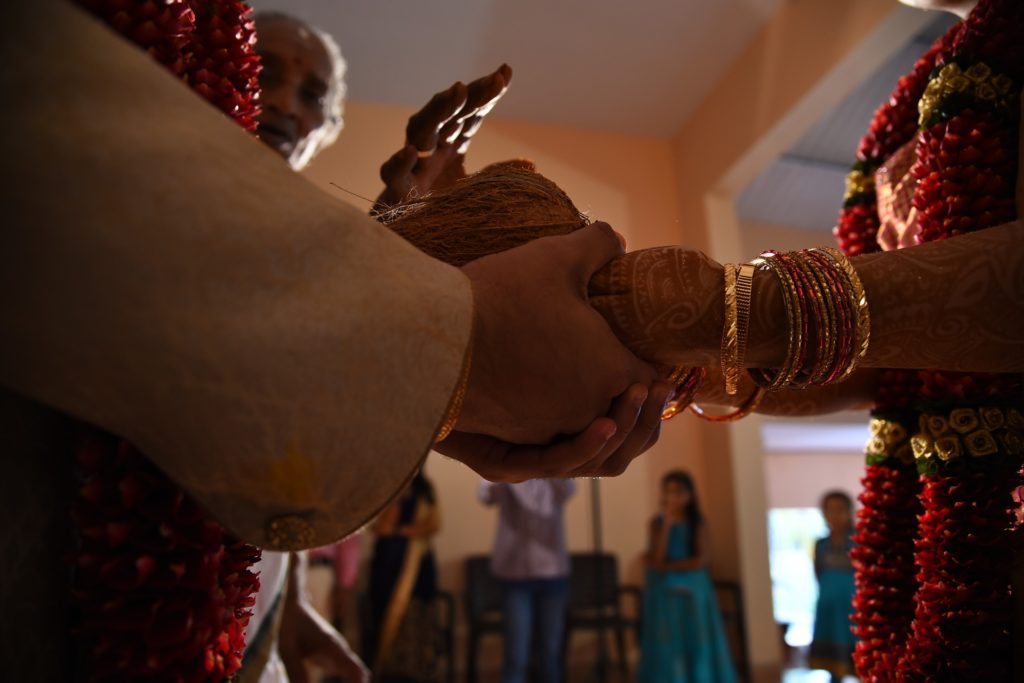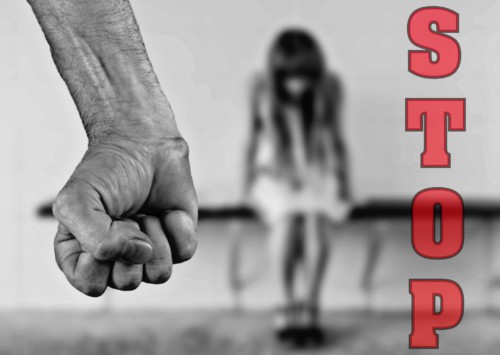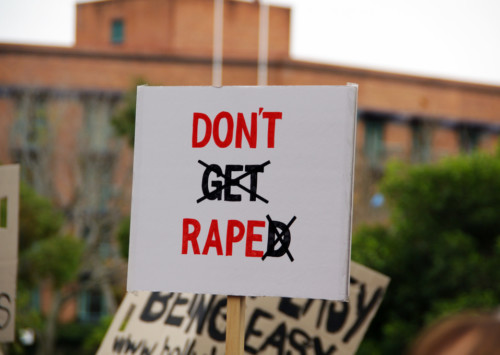Marital rape as social reality in India?
As petitions in the Delhi High Court are contending the legal status of marital rape, the central government stands against its criminalisation.
In a country where every 15 minutes a woman is raped, as per National Crime Records Bureau (NCRB) data, with a majority of rapes being unreported, the incidence of this crime within the institution of marriage comes under contention. In India, an exception where rape is not considered a criminal offence, as per a provision in the Indian Penal Code’s Section 375 that deals with rape, is within marriage. This exception has most recently found a defence by the central government, who contended that it “may destabilise the institution of marriage apart from being an easy tool for harassing the husbands”.
Recently, a number of petitions seeking for legal recognition of marital rape found a hearing in the Delhi High Court, which has brought back the conversation surrounding the subject. In an affidavit by the central government, the argument against criminalisation of this form of non-consensual sex was elaborated, “As to what constitutes marital rape and what would constitute marital non-rape needs to be defined precisely before a view on its criminalisation is taken.” Raising concerns on the misuse of such an amendment and addition to law, the central government added, “The question is what evidence the courts will rely upon in such circumstances as there can be no lasting evidence in case of sexual acts between a man and his own wife.”
In India, marital rape in itself doesn’t find recognition as a criminal offence, with civil remedies available for sexual abuse as part of acts on domestic abuse, and there are various ambiguities in the law to seek remedy. Married women, above the age of 15, if subjected to rape by their spouse, cannot seek remedy the same way that a woman can, if raped outside marriage. The government has maintained that India must not attempt to “blindly follow” similar laws against marital rape in other counties, “mostly western”, citing socio-economic realities of the country, which need to be considered, and rather pushed for a “moral and social awareness” to tackle the issue rather than legal. “This country has its own unique problems due to various factors like literacy, lack of financial empowerment of the majority of females, mindset of the society, vast diversity, poverty, etc.,” the affidavit stated.
On the other side
Petitioners who seek to criminalise marital rape have argued that consent and bodily autonomy are key to recognising the incidence of rape within a marriage, regardless of what is being seen as an issue of preserving the sanctity of marriage as well as a matter of socio-economic and cultural differences. Petitioners have also cited a number of studies, which includes the reporting and incidence of violence against women in India undertaken in 2014, highlighted through use of data from the NCRB and the National Family Health Surveys to show that only about 0.6 pc, or one in 167 incidents of sexual violence by husbands, are reported. Colin Gonsalves, who is currently representing a petitioner reiterated these points in addition to which he highlighted the status of such a law in 51 other countries. “By the seventies, much of the developed world had criminalised it. The United States did it between 1970 and 1993, even Nepal criminalised it in 2006,” he said. Speaking on the United Kingdom, whose common law was followed by India, he added that they made marital rape a criminal offence in 1991. “Other countries such as Canada and Ireland, which follow the common law, have over the years made the act an offence,” he said.
In the meanwhile, an NGO, named Men Welfare Trust, which reportedly represents men who are allegedly victimised by what is termed as a misuse of gender laws is set to present pleas to oppose the criminalisation of marital rape. In social media, the debate has intensified, with citizens expressing their views on the issue.
#maritalrape not being criminalized because we put a man’s right not to be harassed over a woman’s right not to be raped. In her own bed.
— Diya Nag (@saysdiyanag) August 29, 2017
Marital rape, as disgusting as it sounds, does exist unfortunately. However, not sure if new law can resolve private marital issues!@kush07
— Anurag Katriar (@KingKatriar) August 29, 2017












